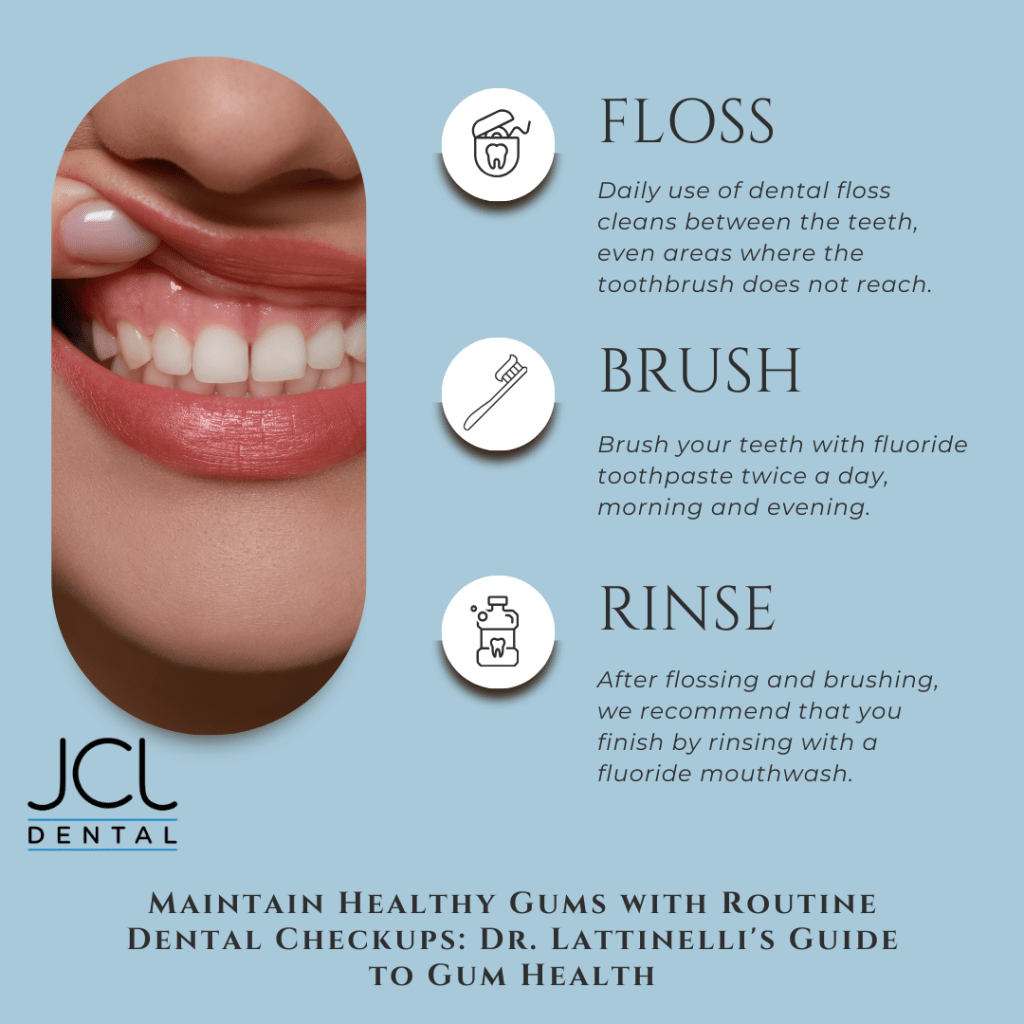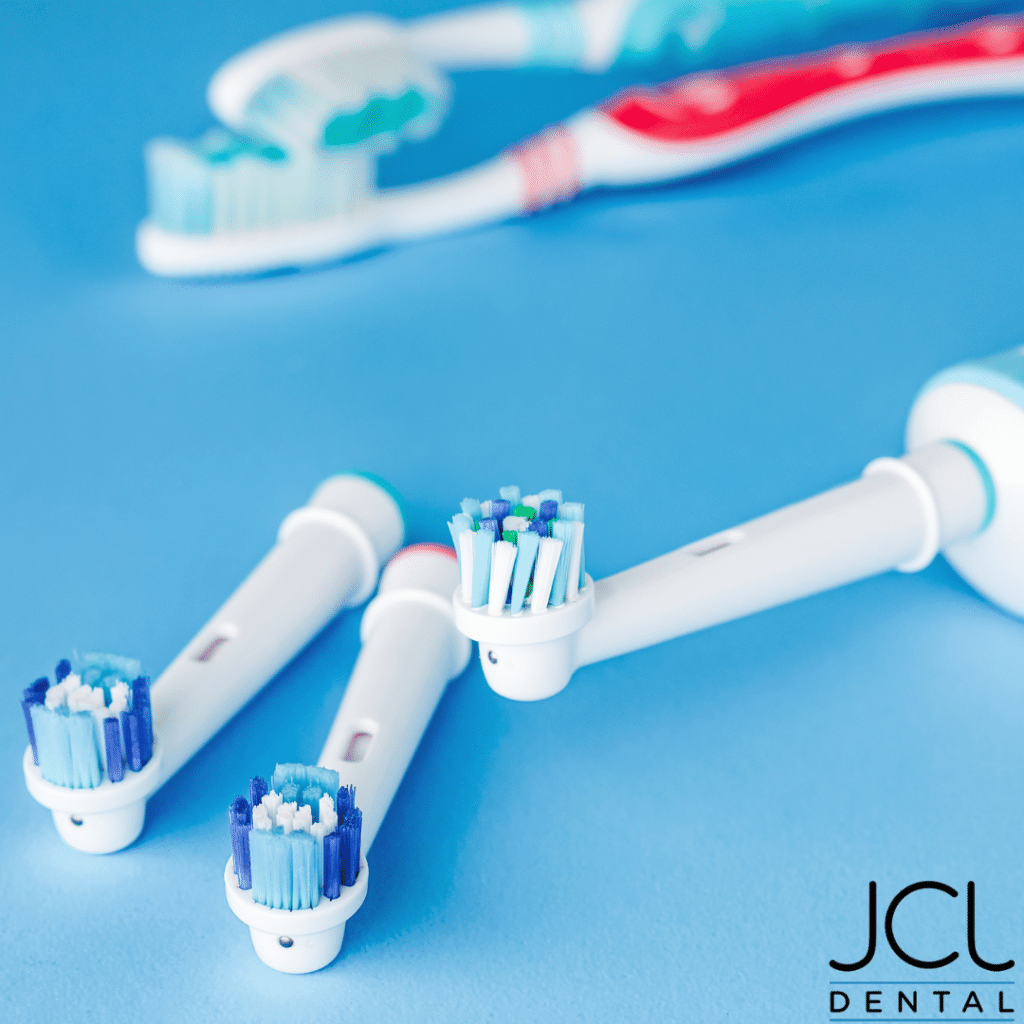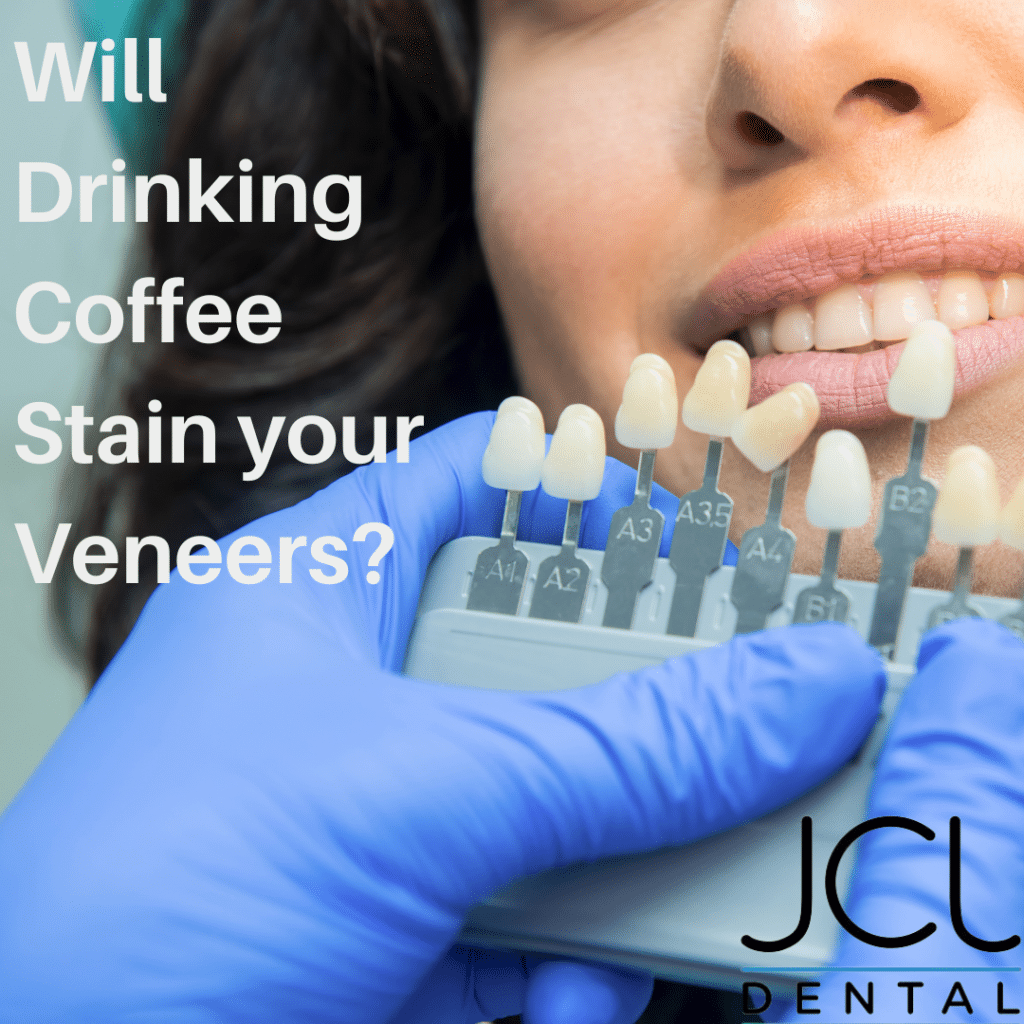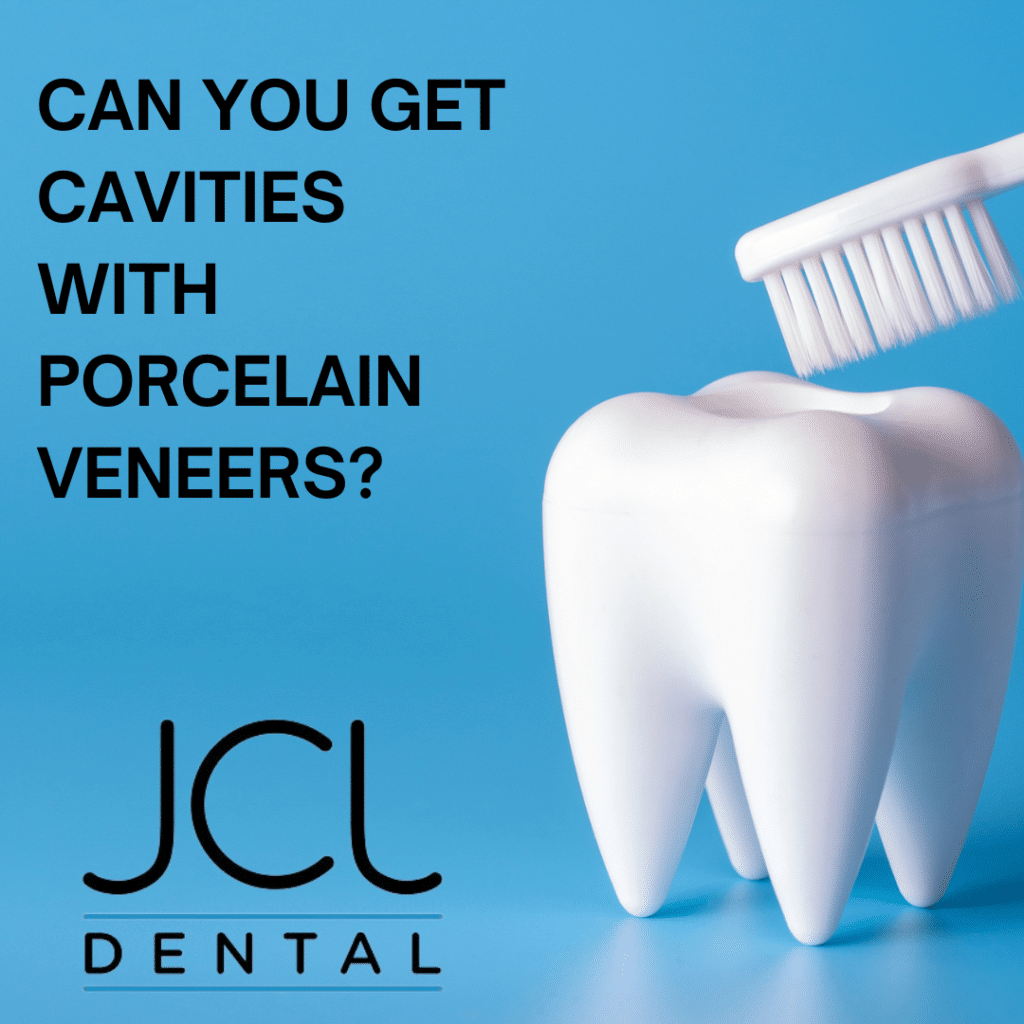How Preventive Dentistry Saves You Time, Money, and Discomfort
When it comes to dental care, prevention is the key to long-term health and peace of mind. At JCL Dental in Manhattan, we believe that preventive dentistry is one of the most powerful tools for maintaining a strong, healthy smile. By catching issues early, before they become more serious, patients can avoid discomfort, reduce the need for extensive treatment, and enjoy better overall well-being.
Here’s how preventive dental care helps you stay ahead of the curve.
Early Detection = Less Discomfort
Many oral health issues start small: a minor cavity, subtle gum inflammation, or slight enamel erosion. Without early detection, these small problems can quickly turn into painful infections or extensive damage. Preventive care focuses on identifying these issues during their earliest stages.
Routine exams, X-rays, and cleanings allow your dentist to spot potential trouble and address it before it causes pain or long-term complications. Early intervention often means simpler, less invasive treatments and faster healing.
Avoid Dental Emergencies
Dental emergencies—like sudden toothaches, abscesses, or cracked teeth—often stem from issues that were silently building up over time. Preventive care drastically reduces your risk of these urgent situations by consistently monitoring your oral health.
Regular visits ensure that any signs of weakness, wear, or infection are caught early. This proactive approach keeps you out of the emergency chair and gives you the control to plan your care around your schedule, not a last-minute crisis.
Less Time in the Dental Chair
A few short preventive appointments each year can save you from hours of treatment later. Cleanings typically take under an hour, and exams are efficient and focused. By staying on top of your oral health, you minimize the need for lengthy or multiple visits down the road.
Fewer visits for restorative procedures also mean less disruption to your daily life; no follow-up appointments, temporary fixes, or waiting for complex treatments to be completed.
Improved Long-Term Health
Oral health is closely linked to overall health. Research shows that gum disease is connected to conditions such as heart disease, diabetes, and even cognitive decline. Preventive dental care doesn’t just protect your teeth and gums; it contributes to your full-body wellness.
By keeping your mouth healthy with routine cleanings and exams, you’re also taking an important step toward protecting your long-term physical health.
Preventive Care at JCL Dental
At JCL Dental in Manhattan, we’re passionate about helping patients avoid unnecessary discomfort through customized, preventive care. Our team uses advanced diagnostic tools and gentle techniques to keep your smile strong and healthy, year after year.
Make preventive dentistry part of your routine. Contact our team today to schedule your next checkup at JCL Dental and invest in a healthier, happier future for your smile.



